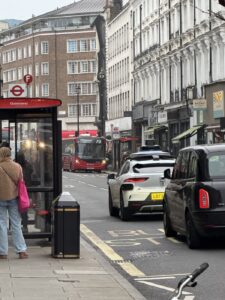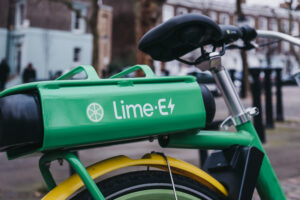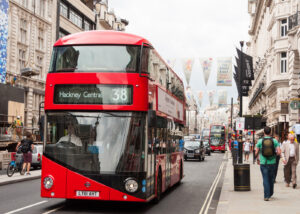New research carried out by Uswitch has revealed that London is the most sustainable city in the UK for transport, with Liverpool a close second.
London scored top marks for its sustainable mobility credentials, having the third-highest consciousness when it comes to its impact on the environment. By 2041, the Mayor aims for 80% of all trips made in London to be made by foot, cycling or public transport. Currently over 2,600 diesel-electric hybrid buses which are more fuel-efficient and cleaner run through London, reducing emissions by 30-40%.
In order to reduce city congestion and motivate cleaner forms of transport, London council has introduced a tax on automobiles entering Central London during weekdays. As a result of the London Congestion Charge, there have been 70,000 fewer automobiles in Central London, an increase of 6% in bus journeys and 5% more travel by cycling.
Liverpool city’s eco-friendly bus fleet and new scooter scheme were both significant factors in this placement.
In recent years, countries have been urged to consider the sustainability of their public transport systems – in 2017, 27% of the total EU greenhouse gas emissions came from the transport sector alone.
Taking a seed list of 15 UK cities, the energy team have analysed sustainability credentials based on a variety of metrics such as e-scooter legislation, sustainable transport plan, participation in European mobility week, eco-friendly buses, bicycle rental scheme and sustainable urban rail.
The city implemented a system of next-generation emission standard buses operating in the city centre, which have significantly lower levels of carbon monoxide and nitrogen oxides.
The success of the recent e-scooter launch in the city has also allowed it to reach second place on the list.
Meanwhile, scoring 55 out of 60 available points, London topped the UK sustainable mobility index, owing to 2,600 diesel-electric hybrid buses which are more fuel-efficient, reduce emission by 30-40% and sustainability plan to increase trips made by foot, cycling or public transport to 80%.























